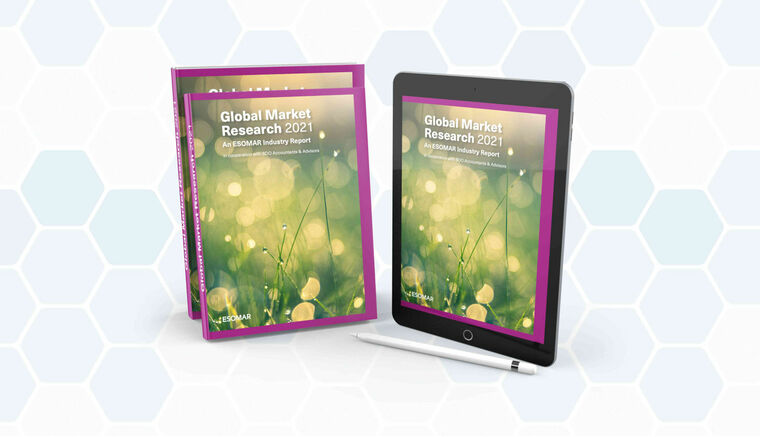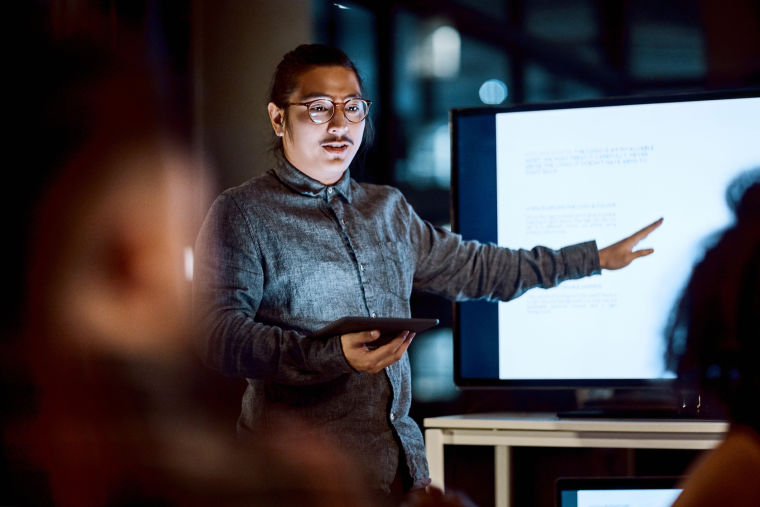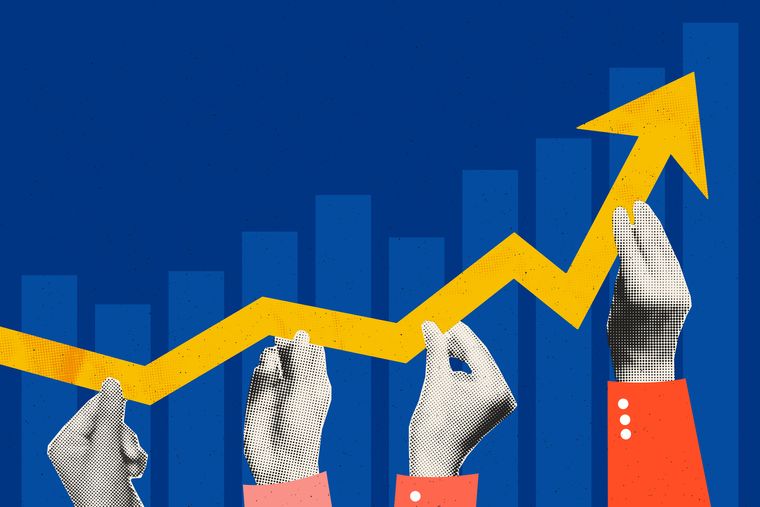The global impact and reach of research
The global nature of research and how advancements in technology and methodology are driving change, both good and bad for the industry
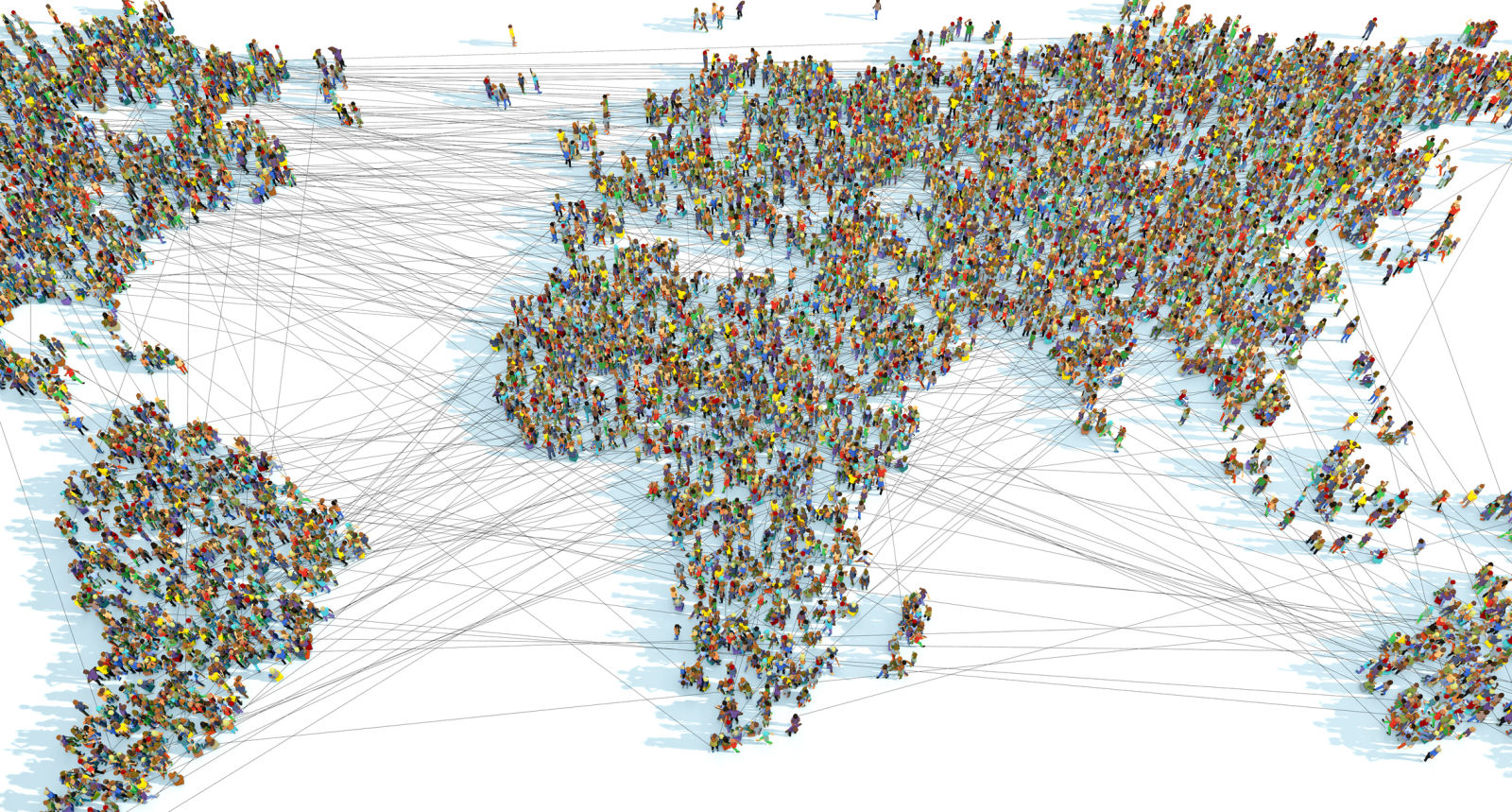
The Insight250 spotlights and celebrates 250 of the world’s premier leaders and innovators in market research, consumer insights, and data-driven marketing. The inaugural list was revealed in April 2021 and created renewed excitement across the industry whilst strengthening the connectivity of the market research community.
With so many exceptional professionals named to the Insight250 it seems fitting to tap into their expertise and unique perspectives across an array of topics. This weekly series does just that; inquiring about the expert perspectives of many of these individuals in a series of short topical features.
This edition focuses on the global nature of research and how advancements in technology and methodology are driving change, both good and bad for the industry. I sat down with Alain Mizrahi, CEO of Grupo RADAR to discuss his expert perspectives on an array of topics across research and insights on both an individual and global level.
Alain, you’ve served as CEO of Grupo RADAR for circa 25 years. What changes have you seen during that time and do you ever get bored?
“In September 2022, I will celebrate 33 years of activity in this industry, 26 of them as CEO of my own company. When I started working, having a computer was still a luxury. We did the fieldwork in Uruguay, the paper questionnaires were sent to Argentina, processed there, and the paper reports were sent back to us, and finally delivered to our clients. The whole process took about a month! A product test for the launch of a new soap could take around six months; what client would be willing to wait that long nowadays? When we bought our own data processing software, around 1990, we had to physically bring someone from Chile to train us in its use. Today you could download a video tutorial!
“When I created my own company in 1997, one of my first concerns was the implementation of a CATI solution for telephone surveys, and we still had a hard time convincing clients that a telephone survey was as valid as a F2F one. The following mini-revolution was the installation of an IP PBX that allowed us to offer telephone fieldwork outside Uruguay at lower costs than in other countries.
“Soon after, we began to replace landline telephone surveys with cell phones ones.
“By the 2000s, web surveys slowly began to develop, and by 2013 I began to present papers at Latin American conferences about why this data collection technique was as valid, if not more so than the telephone. Few believed us. At the same time, we started testing different platforms for Social Listening. It was very difficult to convince clients that in a short time it would no longer be necessary to ask consumers for their opinion because they were already giving it to us spontaneously on social media.
“In 2017, three years ahead of the COVID pandemic, I decided not to have physical offices and start working remotely. With a cloud-based PBX, and most of our fieldwork online, it came as no surprise to my coworkers, although it did surprise a couple of colleagues who thought I was rather crazy.
“And, as we all know, the pandemic ended up overturning old paradigms: focus groups and in-depth interviews suddenly turned to Zoom, AI tools became widespread, IOT applied to market research started to be more frequent, it seemed that everything “new” had become normal. I would not dare to predict where our industry will go in the near future.
“Do I ever get bored? Yes, of course, I do! I always found the rapid transformations in our business rewarding because they forced me to be aware of new methodologies, new data collection techniques, and new technologies. But sometimes it happens to me - and this may seem a paradox - to be bored of always feeling that I am one step behind new technologies and that what I learn today will be obsolete tomorrow. Permanent innovation has its cost in energy.”
Alain Mizrahi
You are based in Uruguay but work internationally - what differences do you see between continents?
“To talk about differences between continents would be to simplify reality a bit. I remember a paper presented at a LATAM Conference that showed how many “different countries” there can be within the same country depending on the region and culture. In Nigeria, for example, 500 different languages are spoken, in India there are 2000 different ethnic groups and at least seven religions are practiced. Even Uruguay, with its three million inhabitants and a very homogeneous population, has differences in consumer behavior between the capital city and the region closest to Brazil or the closest to Argentina. This poses difficulties for any market research.
“But I think that, for our activity, the biggest differences between large regions of the world are still in the data collection techniques that can be applied due to simple things such as penetration rates and geographical coverage of the internet, access to fixed and/or cellular telephony, or a percentage of the rural population (12% in France vs 34% in Bolivia for example) which is difficult to reach.”
Alain Mizrahi
What have you learned from working globally - are some countries more innovative in leading in our profession?
“Coincidentally, the most innovative or leading countries in our profession are those where companies invest a higher percentage of their budget in research, and where at the same time the size of the market allows research companies to allocate greater resources to invest in technology and R&D technology is becoming more and more relevant to our business, and the cost of accessing it is becoming more and more prohibitive in some markets and for smaller companies, compared to their turnover.
“Anyways, yes, there are countries globally more open to innovation (not only in market research) and others much more conservative where researchers themselves find it difficult to abandon the old paradigms of face-to-face focus groups around a table with a Gesell chamber, or F2F surveys with a random sampling of households.”
Alain Mizrahi
In your experience, has research gotten “faster, better, cheaper” in recent years? What’s driving these changes?
“Faster and cheaper for sure. Better... I’m not so sure. Technology has undoubtedly allowed us to achieve results faster and at much lower costs. But not necessarily to better quality results. I am very skeptical about that. Today many people believe that because they have technological tools to collect data, they can improvise as market researchers. Sometimes without knowing anything about strategic marketing, consumer behavior, or how to transform data into insights for decision-making. And we researchers ourselves are the main ones responsible for this situation, as we often don’t know how to assert our knowledge in front of our clients.
“I believe that the race towards “faster and cheaper” is often to the detriment of “better,” and one of the main challenges of our profession is to make clients understand that there is a limit to this race, beyond which the results will be of increasingly poorer quality. The challenge is serious because clients are also immersed in a race similar to ours, which turns everything into a vicious circle.”
Alain Mizrahi
What’s most important the methodology or the people conducting the research?
“No matter what methodology is applied, if those who conduct the research are not good professionals, the results will be bad. Between an “archaic” methodology with good professionals, and the most revolutionary methodology applied by people who know nothing about insights, I always choose the first option.”
Alain Mizrahi
The accuracy of polling globally is a regular topic and impacts the reputation of research globally - how do we ensure public polling is accurate?
“Opinion polls have an increasingly poor reputation around the world. They are not only accused of being inaccurate but also of being bought/sold, of negatively influencing citizens’ behavior, and of operating politically. And all of that “fades” over the image of market research in general. I have been very involved in this controversy for the past 25 years and I am concerned about it. I will refer only to the first point, that of the “accuracy” of voting intention polls, assuming that the companies that conduct them act with intellectual honesty and professional rigor.
“The first mistake consists in believing that polls can predict citizens’ behavior. A poll is nothing more than a snapshot of the DECLARED voting intention of citizens at a given moment in time. Nothing could be further from a prediction. More and more people make their voting decision on the last day, or the last hour or even inside the polling station. Or they change their mind between the poll and the election day. Or political events that happen in the last few days that cause a trend to accelerate or reverse. Or the differences between the candidates are so small that anything can happen. Or there are one or more “politically incorrect” choices that some respondents hide.
“Researchers have the responsibility to explain these phenomena and get out of the competition to “who gets it right” in terms of the result of the election. Using these “hits” as a communication strategy is always a double-edged sword as the results may not be as “good” in the next election. What we must assure the users of our surveys is HONESTY and above all TRANSPARENCY about how the data were obtained: publishing detailed data sheets, not publishing sampling error margins when the samples are not probabilistic, and always showing the limitations of the tool.
“The challenge then is not how to make surveys more accurate - which will probably never be achieved if they are intended to predict the result - but how to ensure that politicians, journalists, and businesses do not demand of this tool something it will never be able to be: an oracle.”
Alain Mizrahi
You’ve long been involved with ESOMAR - why do you see that as important?
“I strongly believe in the exchange of knowledge, in the collaboration between colleagues from different countries and different specialties, in the ability of professional associations to disseminate, defend and enhance our activity, and in belonging to a community. ESOMAR has given me access to all of this.
“Thanks to ESOMAR I started exporting services 20 years ago, I discovered new research methodologies, I got clients and technology suppliers, and above all, I made excellent friends around the world. How can I not consider it important? My way of returning all this is to work as a Council Member.”
Alain Mizrahi
What do you see as the biggest challenges facing our profession and how will we overcome them?
“Build bridges towards the professionals of the “data sciences” understanding what they do, explaining to them what we do, and looking for ways of collaborating which in turn means better business for both of us.
“To link up much more with academia in each and every country, to collaborate in the training of new generations of professionals, and to motivate them to become enthusiastic about our activity.
“To give credibility to our profession, not only for the quality of the information we generate, but above all for a greater emphasis on ETHICS in the handling of data and TRANSPARENCY in our processes.
“To clearly distinguish what is market research from what is simply the creation of personal databases or sales. To give greater added value to our work, which should be less and less a simple production of information and more and more consulting to help our clients make decisions.”
Alain Mizrahi
TOP TIP
“The technology race should not be the Holy Grail in opinion and market research. No artificial intelligence model can (still) explain the irrationality of consumer or citizen voting behavior.”
Alain Mizrahi
Thank you Alain – wise words indeed. As the world becomes smaller and more closely knit, largely due to technological advancements, we should heed Alain’s advice. Professionals in research and beyond should be careful as to not get so reliant and wrapped up in technology that it reduces the importance of individual expertise to drive results. Innovation is important to driving the industry forward, but not at the cost of the quality or reliability of research.
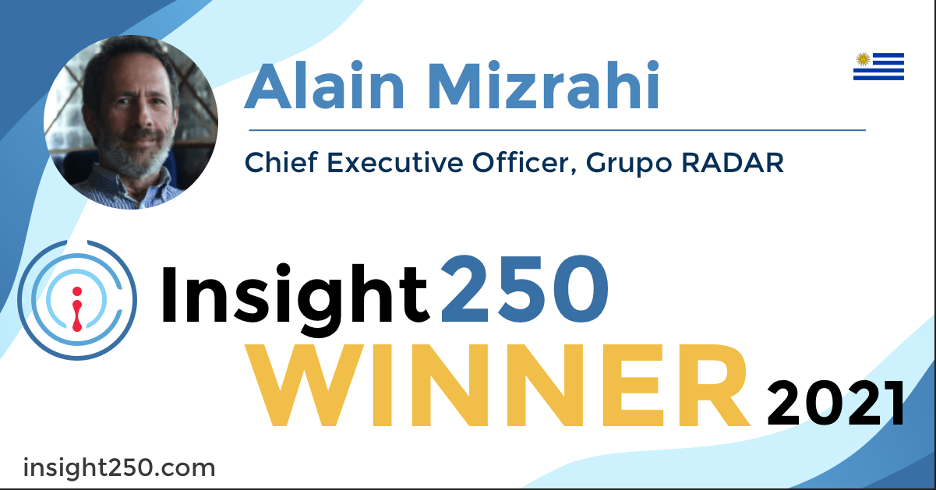 Alain Mizrahi has over 30 years of experience in market, social, and public opinion research. He has served as CEO of Grupo RADAR for 26 years, directing projects that span retail auditing, television and radio audience measurement, election polling, and healthcare satisfaction. He is also a Council Member for ESOMAR and teaches market research at Universidad ORT Uruguay.
Alain Mizrahi has over 30 years of experience in market, social, and public opinion research. He has served as CEO of Grupo RADAR for 26 years, directing projects that span retail auditing, television and radio audience measurement, election polling, and healthcare satisfaction. He is also a Council Member for ESOMAR and teaches market research at Universidad ORT Uruguay.
Crispin Beale
Chairman at QuMind, CEO at Insight250, Senior Strategic Advisor at mTab, CEO at IDXCrispin Beale is a marketing, data and customer experience expert. Crispin spent over a decade on the Executive Management Board of Chime Communications as Group CEO of leading brands such as Opinion Leader, Brand Democracy, Facts International and Watermelon. Prior to this Crispin held senior marketing and insight roles at BT, Royal Mail Group and Dixons. Crispin originally qualified as a chartered accountant and moved into management consultancy with Coopers & Lybrand (PwC). Crispin has been a Board Director (and Chairman) of the MRS for nearly 20 years and UK ESOMAR Representative for c15 years. As well as being CEO of Insight250, Crispin is currently Worldwide CEO of Digital Communications Solution Agency, IDX. Crispin is also the Senior Strategic Advisor at mTab and the Chairman of QuMind and spent 4 years as Group President of Behaviorally where he was responsibile for the client & commercial teams globally. Crispin is a passionate advocate for blending human intelligence and technology to deliver innovation and leadership across organisations.
